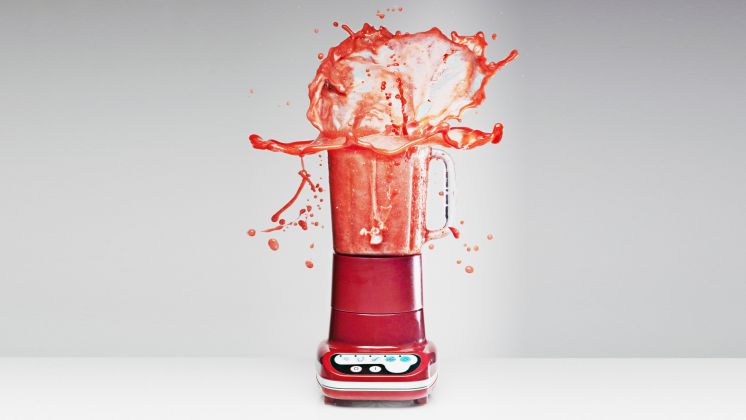
Smoothies are a quick, convenient and delicious way to up your intake of nutrient-rich fruit before that morning workout. But when it comes to DIY drink mash-ups, knowing the right ingredients can mean the difference between a fat-burning boost and a blood-sugar disaster. Read on to discover your nutritional champions and the worst offenders in your fruit bowl, which may be doing your workout more harm than good.
RECOMMENDED: All Smoothie Recipes
The Good Guys
Strawberries
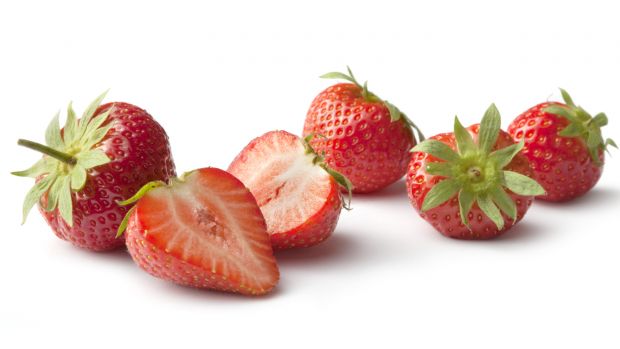
Anything that tastes this great can’t be good for your waistline, right? Wrong. Not only do strawberries contain a measly 5g of sugar per 100g, they also provide polyphenols that help to regulate blood sugar, reducing the risk of fat-storing spikes.
Blueberries
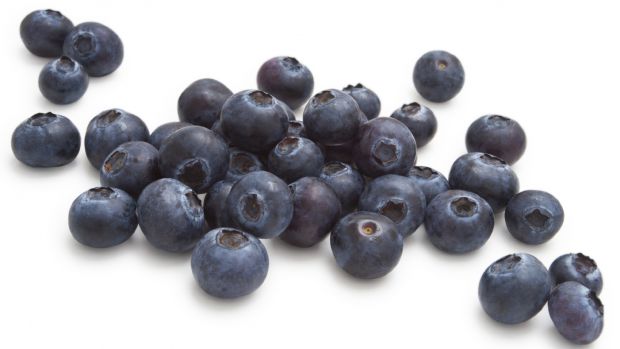
Quite possibly the healthiest fruit of all, these blue bundles of goodness contain pterostilbene, a compound that helps the body to break down fat. Plus 100g contains just 7.3g of the sweet stuff.
The Half-Decent Guys
Raspberries
Get the Coach Newsletter
Sign up for workout ideas, training advice, reviews of the latest gear and more.
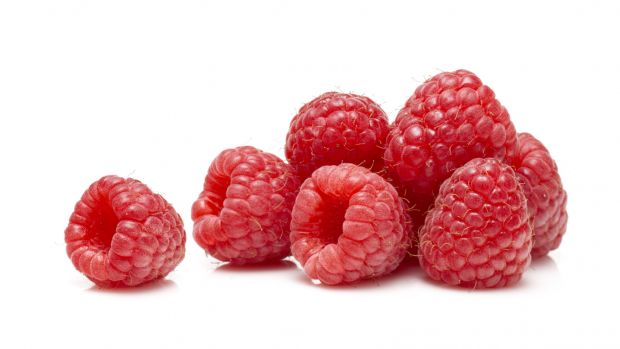
Like their blue cousins, these berries are packed with health benefits, including high levels of calcium, which will boost your metabolism and help you burn fat more efficiently. Their sugar content? A respectable 9.5g per 100g.
Kiwi fruit
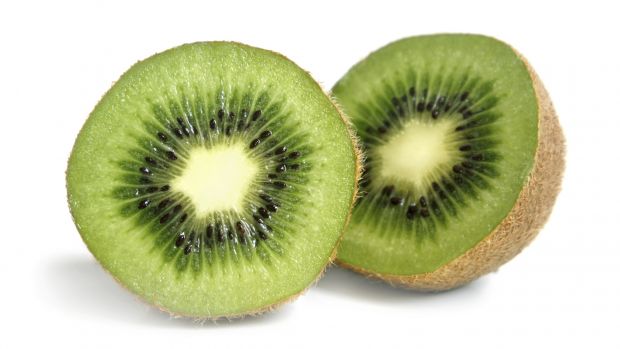
They might be rich in immunity-boosting vitamin C and filling fibre, but at 10.5g sugar per 100g, these hairy green treats should be used sparingly in your smoothies.
The Bad Guys
Grapes
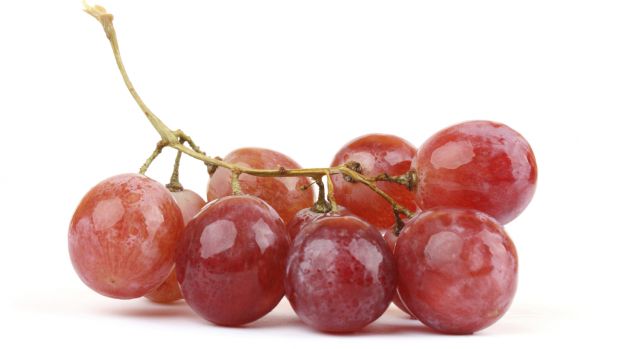
Unlike strawberries, there’s a reason why grapes are so delicious – namely that they’re brimming with sugar, with an 100g serving boasting just shy of 15g. On the plus side, they also offer respectable levels of bone-strengthening vitamin K.
Mango
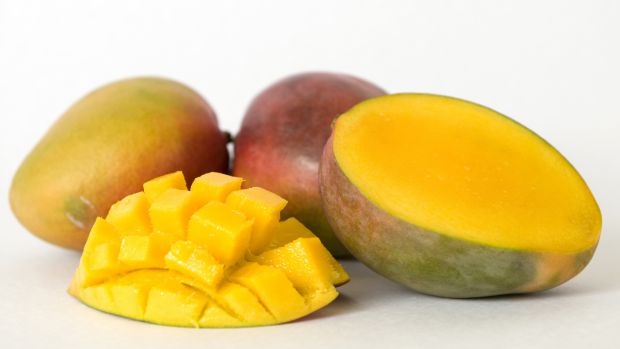
These juicy South Asian treats are a great source of vitamins A and C, but they also contain a monstrous 18g of sugar per 100g. Indulge with extreme caution.
Between 2010 and 2016, Ben was the deputy editor of Men’s Fitness UK, which predated, and then shared a website with, Coach. Ben also contributed exclusive features to Coach on topics such as football drills, triathlon training plans and healthy eating.

